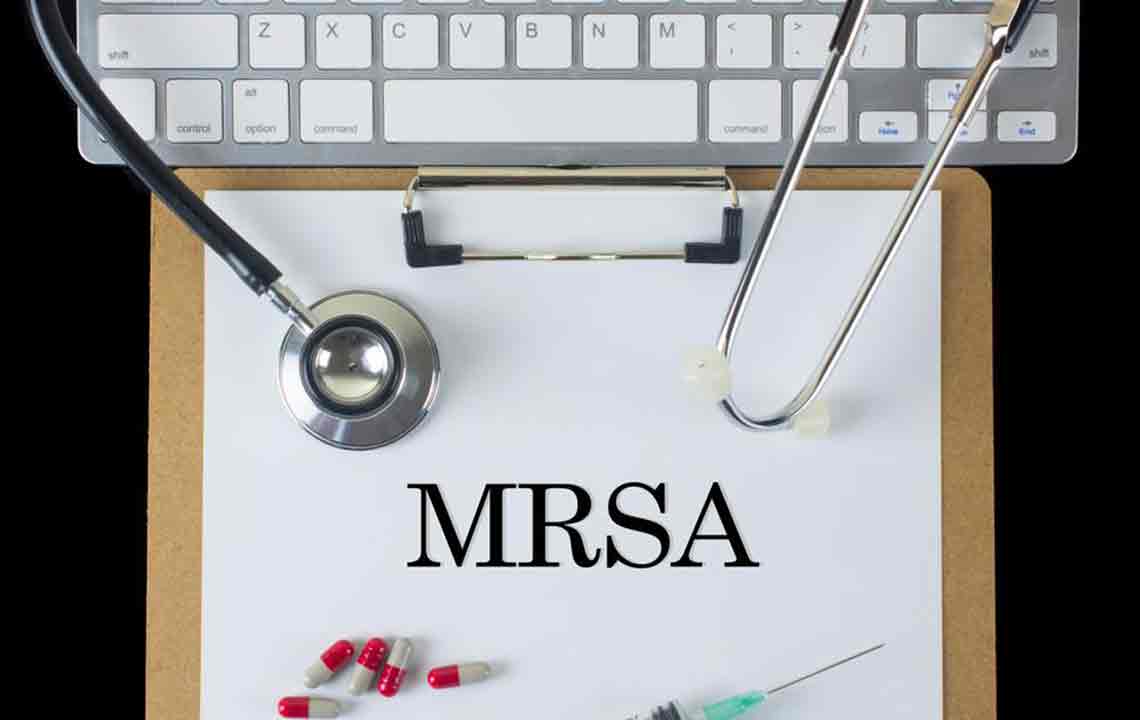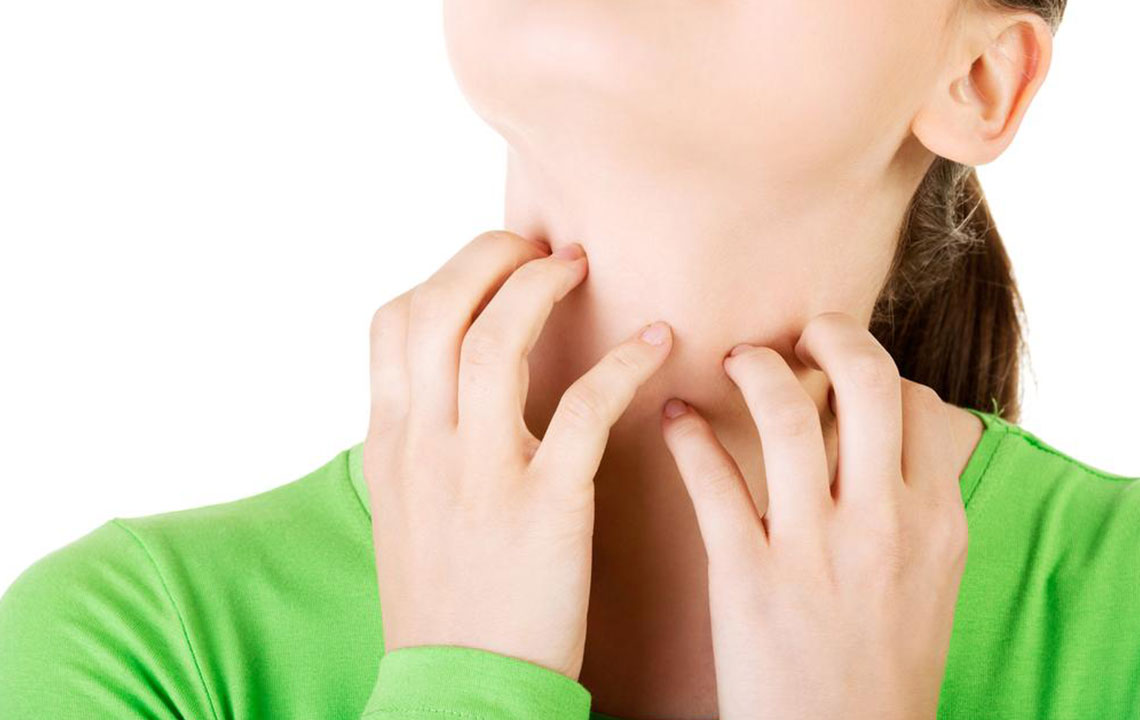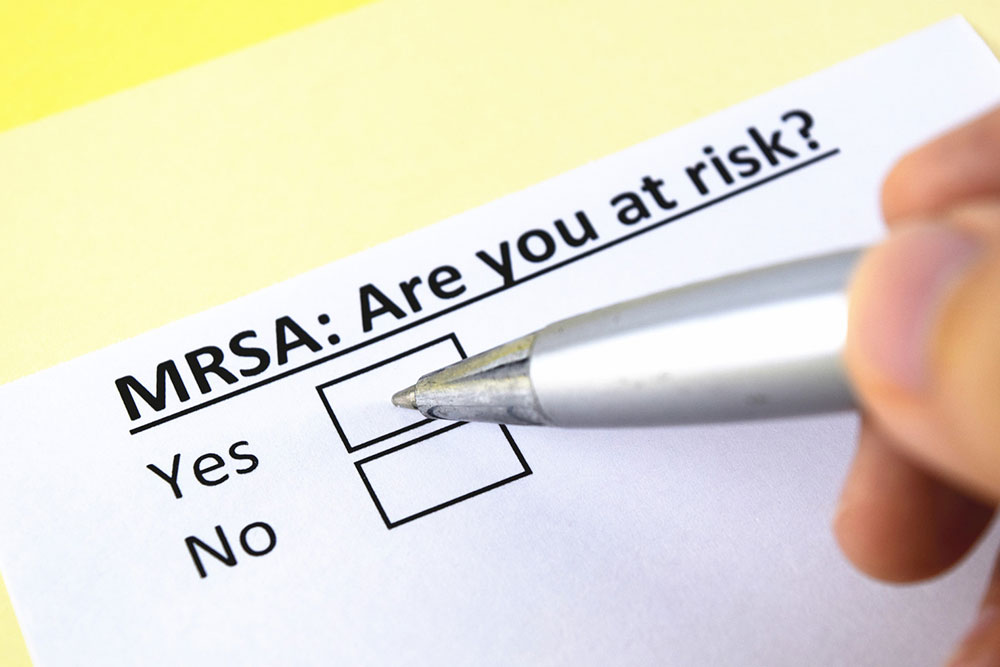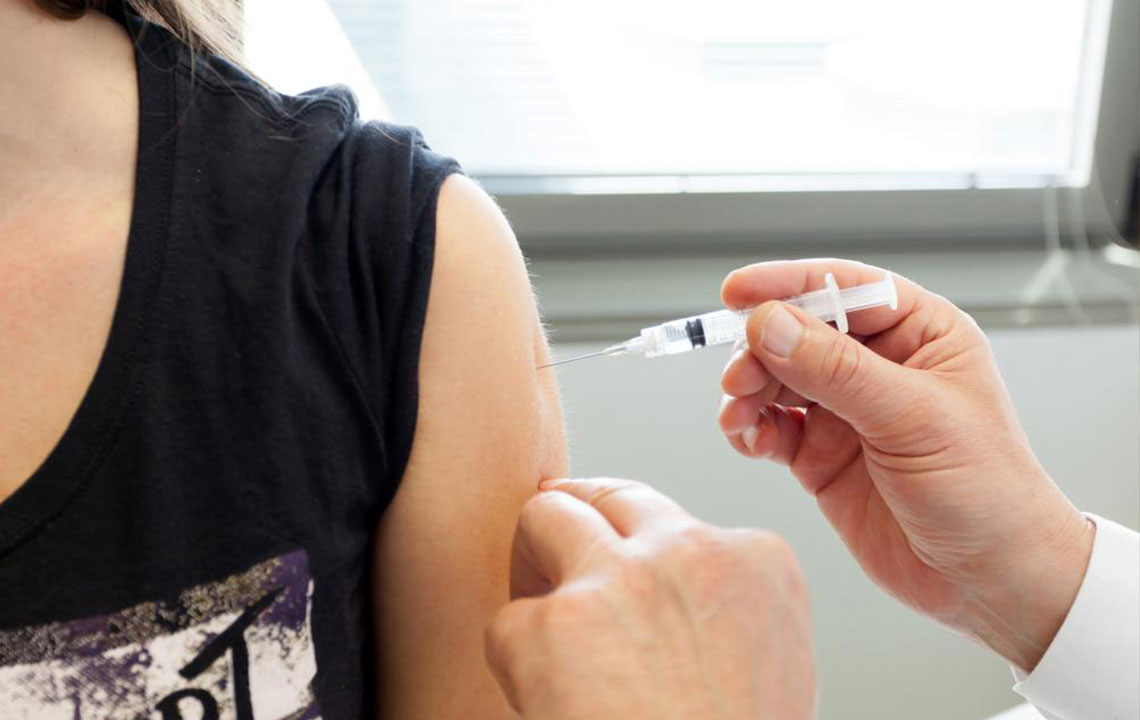Understanding MRSA: Causes, Signs, and Remedies
MRSA is a highly contagious bacterial infection resistant to many antibiotics, making early detection and proper treatment vital. This article explores its causes, symptoms, preventive measures, and both medical and natural remedies. Proper hygiene, timely medical intervention, and natural treatments like tea tree oil and olive leaf extract can help manage this serious superbug. Understanding how MRSA spreads and how to prevent it is essential for maintaining health, especially for vulnerable populations such as the elderly and immunocompromised individuals.

Understanding MRSA: Causes, Signs, and Remedies
MRSA, or Methicillin-Resistant Staphylococcus Aureus, is a contagious bacterial infection known as a "superbug" due to its resistance to many antibiotics like methicillin, amoxicillin, penicillin, and oxacillin. It can be difficult to treat, especially when it enters the bloodstream, requiring IV antibiotics. Early detection of small skin boils allows for simple drainage, often preventing more serious complications. MRSA spreads mainly through skin contact and contaminated surfaces. Symptoms often start as skin eruptions such as boils or pimples and can worsen if unchecked.
Susceptible individuals often develop MRSA after cuts, surgical wounds, or due to a weakened immune system. The bacteria can live on everyday objects and spread through contact. Elderly people and those with chronic health issues or frequent antibiotic use are at higher risk. Skin conditions like rashes can also facilitate infection entry. Preventative steps include maintaining hygiene, cleaning wounds promptly, avoiding sharing personal items, and practicing good hand hygiene. Staying vigilant and avoiding contaminated areas are key to prevention.
The bacteria behind MRSA is Staphylococcus, which many people unknowingly carry. Infections can develop from minor skin breaches or compromised immunity. To minimize risks, keep environments clean, avoid sharing personal grooming tools, and stay away from known contaminated sites. Proper wound care and personal hygiene significantly lower infection chances.
Preventive Measures
To reduce MRSA risk, maintain hygienic surroundings, clean wounds promptly, and avoid contact with infected individuals or surfaces. Use hand sanitizers regularly and avoid sharing towels, razors, or makeup. Seek medical advice promptly if skin infections occur, especially if they worsen or show signs of spreading. Proper hygiene and cautious behavior are essential for prevention.
Medical Treatments for MRSA
When diagnosed, prompt medical intervention with antibiotics is essential. While common antibiotics like methicillin are ineffective, specific options such as trimethoprim, sulfamethoxazole, clindamycin, or a combination with rifampin are prescribed based on infection severity. Completing the full course of antibiotics is critical to eradicate the bacteria, along with topical ointments to soothe affected areas and prevent recurrence.
Home Remedies for MRSA
Several natural remedies can assist in managing MRSA symptoms. Applying tea tree oil, known for its antibacterial properties, can promote healing. Olive leaf extract contains oleuropein, which fights bacterial growth. Herbs like thyme can be taken orally to boost resistance. Additionally, drinking Lapachol tea 2–8 times daily introduces antibacterial compounds into the body. These methods may support medical treatment but should not replace professional healthcare.










